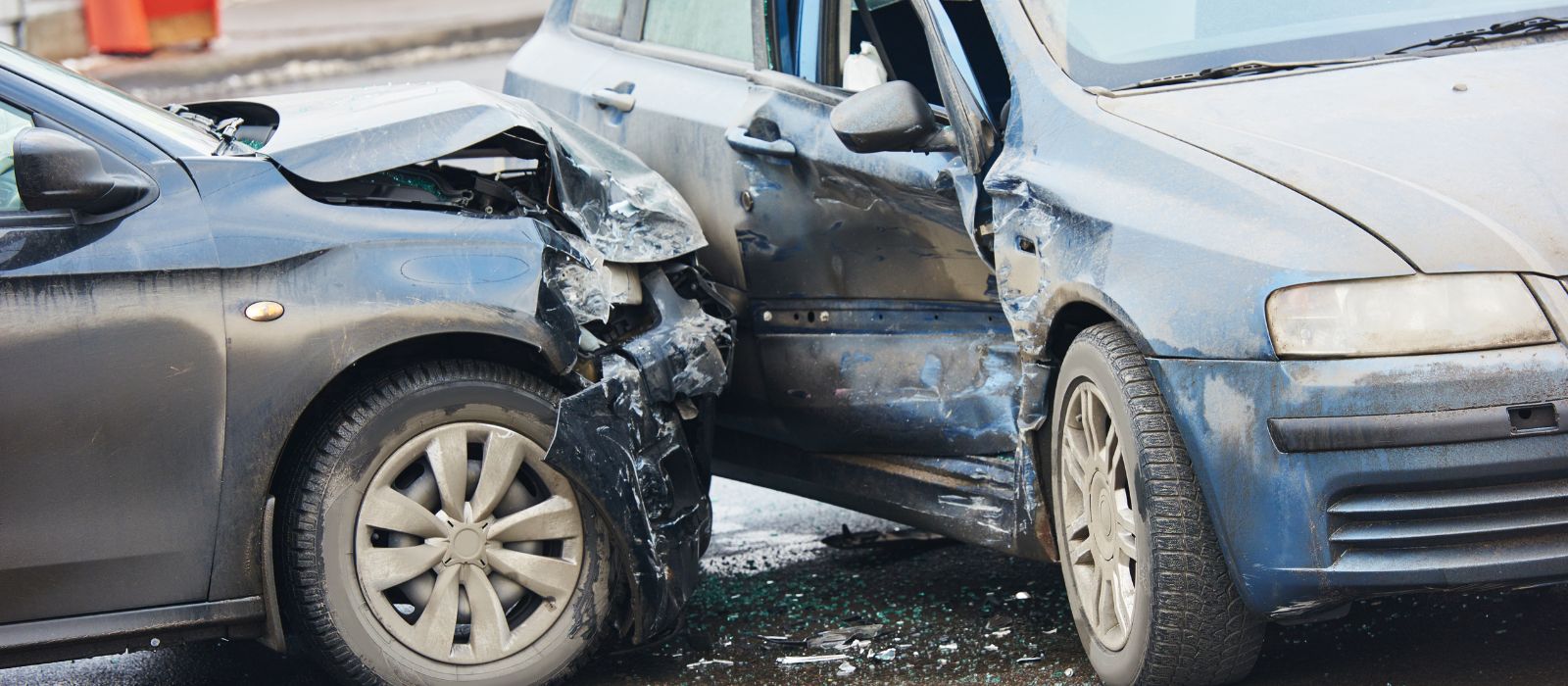
The alarming rise in road accidents in Zimbabwe has become a pressing concern for both authorities and citizens. Over the years, statistics have shown a troubling trend, with the number of accidents increasing dramatically.
This surge can be attributed to a combination of factors, including human error, infrastructural inadequacies, and systemic failures.
Human error is the primary cause of these accidents, with common mistakes such as speeding, reckless driving, misjudgment while overtaking, and failure to adhere to traffic regulations. Driver fatigue and distractions, like mobile phone use while driving, further exacerbate these issues. Many of these incidents occur during peak travel seasons, such as the festive period. For instance, a recent accident involving a commuter omnibus without proper certification resulted in five fatalities and numerous injuries when it collided with a haulage truck near Harare.
Another significant factor contributing to the increase in road accidents is the deteriorating state of road infrastructure. Potholes are rampant across many highways and urban areas, forcing drivers to swerve into oncoming traffic or share lanes dangerously to avoid these hazards. Busy routes frequently encounter head-on collisions and side-swiping incidents.
The volume of traffic in the country has increased substantially in recent years, straining an already inadequate road network. During festive periods, foreign-registered vehicles are often involved in accidents due to unfamiliarity with local driving conditions, leading to hasty decisions that can result in severe accidents.
Despite a heavy police presence on major roads aimed at curbing reckless driving and enforcing traffic laws, police checkpoints can disrupt traffic flow and contribute to congestion.
According to the Traffic Safety Council of Zimbabwe (TSCZ), from 2015 to 2023, approximately 14,600 people died, and around 74,000 were injured due to road traffic accidents. These statistics are alarming, with an average of five people dying every day due to road accidents.
While human error is predominantly responsible for most accidents, it is crucial not to overlook how poor infrastructure and systemic inefficiencies, such as the failure to ensure that vehicles on the road are safe for operation, also significantly contribute to the crisis.
To combat this growing menace, organizations such as the TSCZ have ramped up public awareness campaigns aimed at educating drivers about safe practices on the road. These initiatives focus on promoting responsible driving behaviors while also calling for greater accountability among transport operators who neglect safety standards.
While the question of whether it was “time” for those who died in accidents touches on a sensitive topic regarding mortality and fate, it is crucial to approach this matter with empathy rather than fatalism. Accidents are reminders that time is unpredictable and can have tragic consequences.


